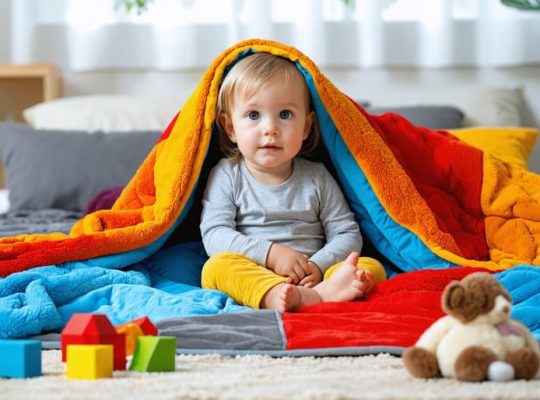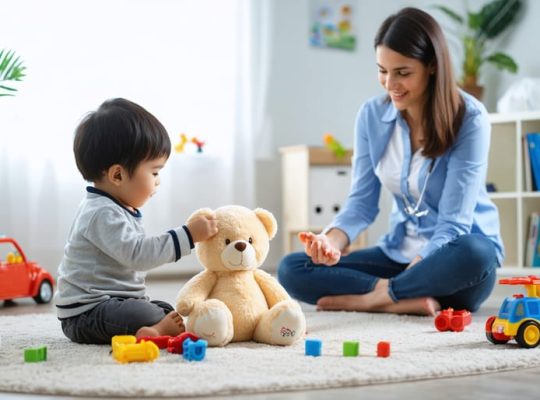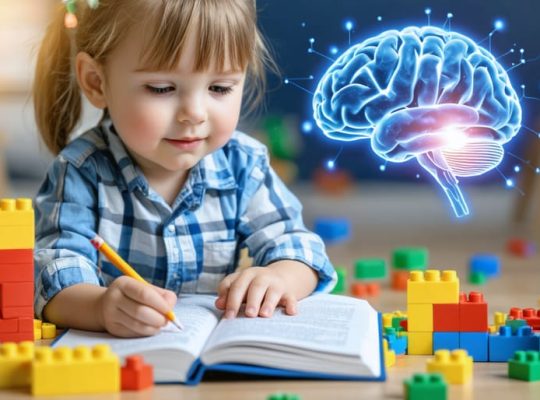Building Parental Resilience: Your Child’s Strongest Mental Health Shield
Cultivate a growth mindset by viewing challenges as opportunities to learn and grow. Build a strong support network of family, friends, and professionals who can offer guidance and encouragement during tough times. Practice self-care daily through activities like exercise, meditation, journaling, or hobbies that bring you joy and relaxation. Master the 5 Pillars of Resilience – self-awareness, self-regulation, mental agility, strength of character, and connection – to become an unshakable source of …










